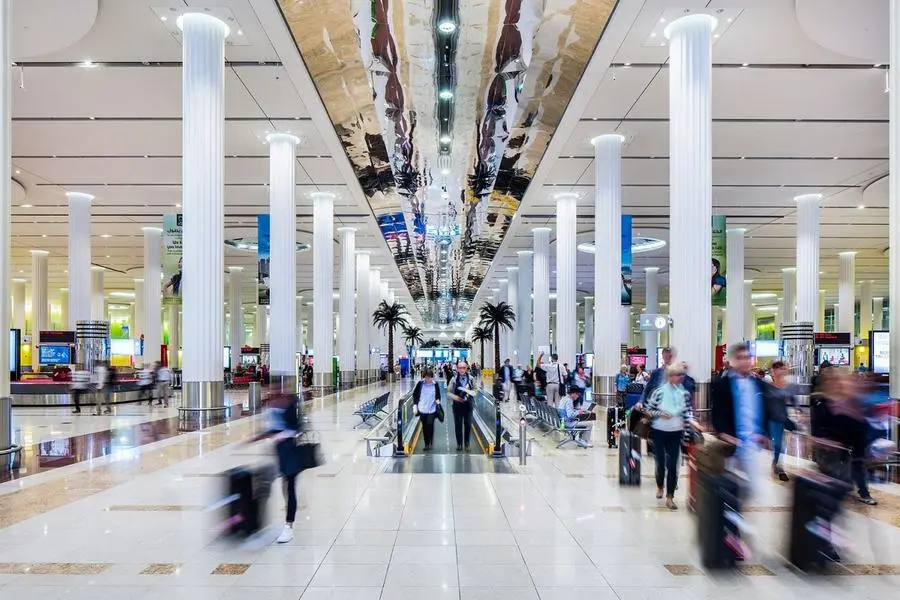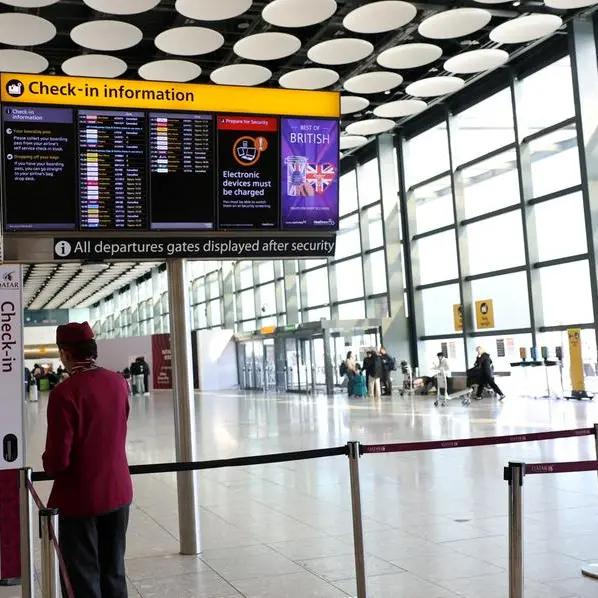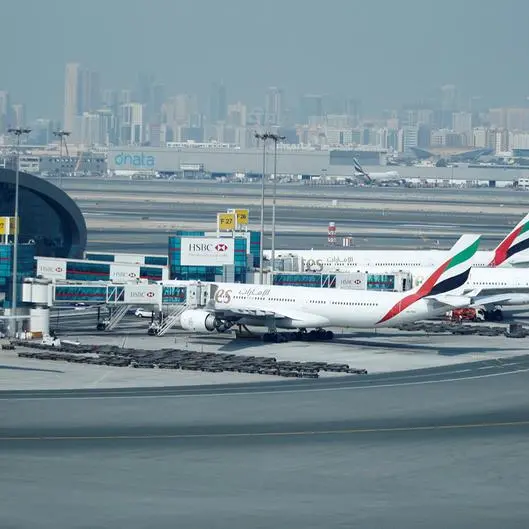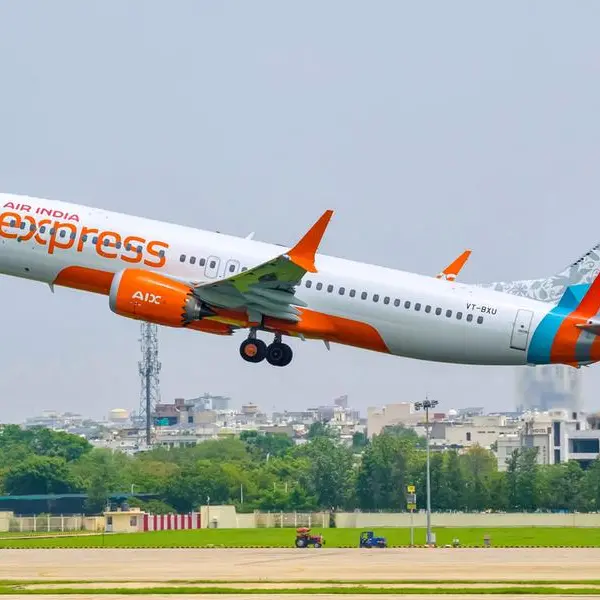PHOTO
Passengers using the Terminal 3 of Dubai Airports will enjoy passport-free travel later this year as biometrics and facial recognition increasingly becoming the new norm in global travel, an official said.
Adel Ahmed Al Redha, chief operating officer at Emirates airline, said around November-December, the airline will be in a position to facilitate passenger check-in through their own identity into boarding the aircraft.
This would mean all passengers can do away with the need to take out passports.
Major General Obaid Muhair bin Suroor, Deputy Director General of the General Directorate of Residency and Foreigners Affairs (GDRFA), said that a new system will be in place at Terminal 3 of Dubai Airport in November whereby passengers will use their biometrics to clear all the procedures.
“We are ready and will implement it in November. We are working on a smart passage so that everything is done electronically. We are going to replace electronic gates with smart gates for easy and seamless travel,” he said during the first day of the Global Conference for Shaping Future Policies of Ports on Tuesday.
Dubai Airports has been working on the project for the past few years, utilising the latest biometric technology to facilitate the full touchless travel journey for passengers.
While speaking during the first day of the Global Conference for Shaping Future Policies of Ports, officials said travellers’ faces and finger-prints will be their identity instead of passports which would make travel smoother, seamless and faster at airports.
However, they also called for sharing the data between the airports to expedite the flow of passengers.
Sheikh Ahmed bin Saeed Al Maktoum, chairman and chief executive Emirates Airline and Group, opened the conference at Madinat Jumeirah, Dubai, on Tuesday.
Adel Ahmed Al Redha said customers want less interaction, therefore, there is a need for integration of passenger information through every touch point.
“If countries share data rather than relying on passengers, exit or entry of passengers will be easier and faster. There is a need to use facial recognition so the passenger himself becomes the identity at every touch point. If I am exiting Dubai, some airports ask me to fill in the information again. Technology is available but we are not collaborating. There should be a system to communicate with each other,” said Al Redha, during the conference.
He stressed that artificial intelligence (AI) will be a key in collecting information and using data to enhance processes.
Miguel Leitmann, co-founder and group CEO at Vision-Box, said biometrics are the new normal and face is key for a smooth flow of travellers. “Free flow is becoming more common, secure and accepted by governments, businesses and travellers,” said Leitmann.
Major General Obaid said technology will replace the human factor at ports and airports and create new jobs but in different roles such as monitoring and analysing other processes.
Going forward, he said there would be a common database among different countries, but right now it is a big challenge. “If governments exchange data, then international passengers can use their own biometrics to move from one country to another.”
Adel Al Redha said technology is the solution to the challenges the aviation sector faces.
“The number of check-in counters will not increase as airport infrastructure is limited. The only way to address this issue is to walk through seamless operations. Seamless operations come with reliable technology. But we are not there yet. In the future, we should be relying on 90 per cent automaton and 10 per cent on human interaction,” he said, adding that the airline has moved from 5-10 per cent of passengers directly making reservations to more than 50 per cent.
Copyright © 2022 Khaleej Times. All Rights Reserved. Provided by SyndiGate Media Inc. (Syndigate.info).




















